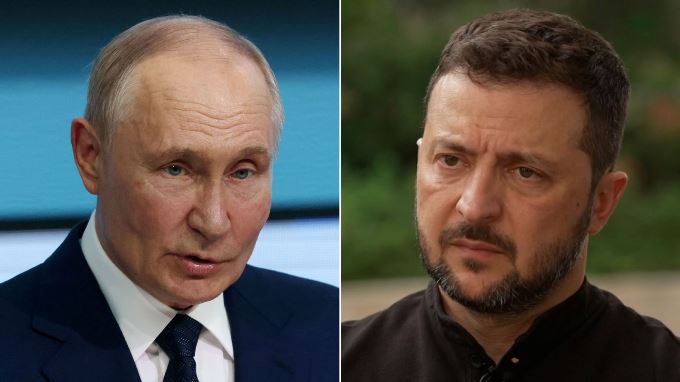This symbolic victory, which has already ruffled the feathers of our Israeli friends, comes as a response to the thwarted attempt for full UN membership due to a US veto.
In the midst of the ongoing conflict in Gaza, the Palestinians have rekindled their request, originally made in 2011, to become full members of the United Nations.
Currently, their status stands as a “non-member observer state.” However, this pursuit requires the approval of the Security Council and a two-thirds majority vote in the General Assembly.
Alas, on April 18, the United States, a staunch ally of Israel and one of the veto-holding members of the Security Council, halted the Palestinians’ aspirations.
Now, our Palestinian friends turn their gaze towards the General Assembly, where it is believed that a resolution advocating for their full UN membership will garner significant support.
The draft resolution, presented by the United Arab Emirates, asserts that “the State of Palestine is qualified for membership in the United Nations in accordance with Article 4 of the Charter and should therefore be admitted.” It also calls for the Security Council to “reconsider the matter favorably.”
United States opposes the recognition of statehood
Nevertheless, it is highly unlikely that the Security Council will acquiesce, as the United States staunchly opposes any recognition of statehood outside of a bilateral agreement between Israel and the Palestinians.
The current right-wing Israeli government adamantly rejects a two-state solution, which further complicates matters.
Richard Gowan, an analyst with the International Crisis Group, aptly describes this potential diplomatic impasse, stating, “You could have a sort of diplomatic doom loop, with the Assembly repeatedly calling for the Council to grant Palestine membership and the US vetoing it.”
Nonetheless, the draft resolution does offer the Palestinians certain “additional rights and privileges” to be enjoyed during the next session of the General Assembly in September.
These provisions do not include the ability to sit on the Security Council or vote in the General Assembly but would grant the Palestinians the authority to submit proposals and amendments directly, bypassing the need for another country’s endorsement.
Furthermore, it would allow them to be seated among member states in alphabetical order.
Palestinian ambassador Riyad Mansour emphasizes the significance of this incremental progress, likening it to the construction of a building, brick by brick. He explains, “If some think it’s symbolic, for us it’s important as we are moving forward towards our natural and legal right to be a full member of the UN.”
The symbolism embedded within this resolution is not lost on Gowan, who asserts that it serves as a clear signal to both Israel and the United States, urging them to take Palestinian statehood seriously.
UN will get to know which countries support Palestinians
Naturally, Israel has voiced its criticisms of this initiative. Ambassador Gilad Erdan argues that it would de facto grant the Palestinian Authority the rights of a state, violating the UN Charter by bypassing the Security Council.
The United States also expresses reservations, citing concerns about the precedent it sets.
Earlier iterations of the resolution were more ambiguous, granting “the State of Palestine the rights and privileges” necessary to participate in the work of the assembly “on equal footing with Member States,” without specifying the exact nature of these rights.
The current version aligns with the UN Charter, according to Samuel Zbogar, the ambassador of Slovenia, which currently holds a seat on the Security Council.
As Israel continues its military campaign in Gaza against Hamas in response to the attack on October 7, this UN vote will reveal which countries stand in support of the Palestinians.
It may also shed light on the fact that, were it not for the US veto, the Palestinians would have garnered sufficient votes in the assembly for full UN membership.
In December, a call for an immediate ceasefire in the Gaza war received backing from 153 out of 193 countries. Ten countries voted against, including the United States, while 23 abstained.
May the General Assembly’s decision pave the way for a brighter future, where peace and justice prevail in the holy land.
Check also;
- The United Nations Condemns Military Brutality Against Journalists
- United Nations Awards Rwandan Peacekeepers
Please use the button below to contribute to Newslex Point, Inc. using a credit card or via PayPal.

 Newslex Point News in Uganda, Uganda news
Newslex Point News in Uganda, Uganda news












